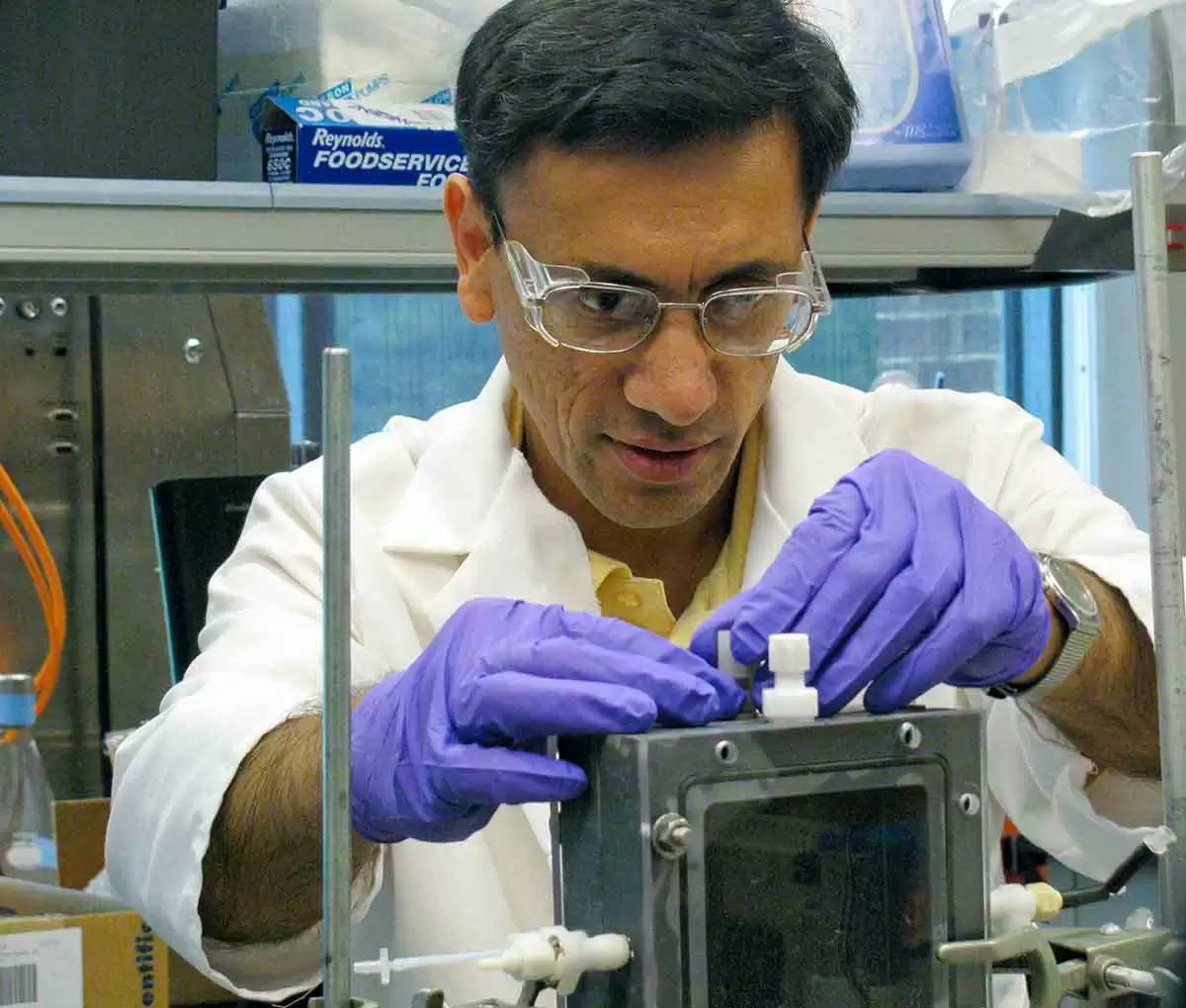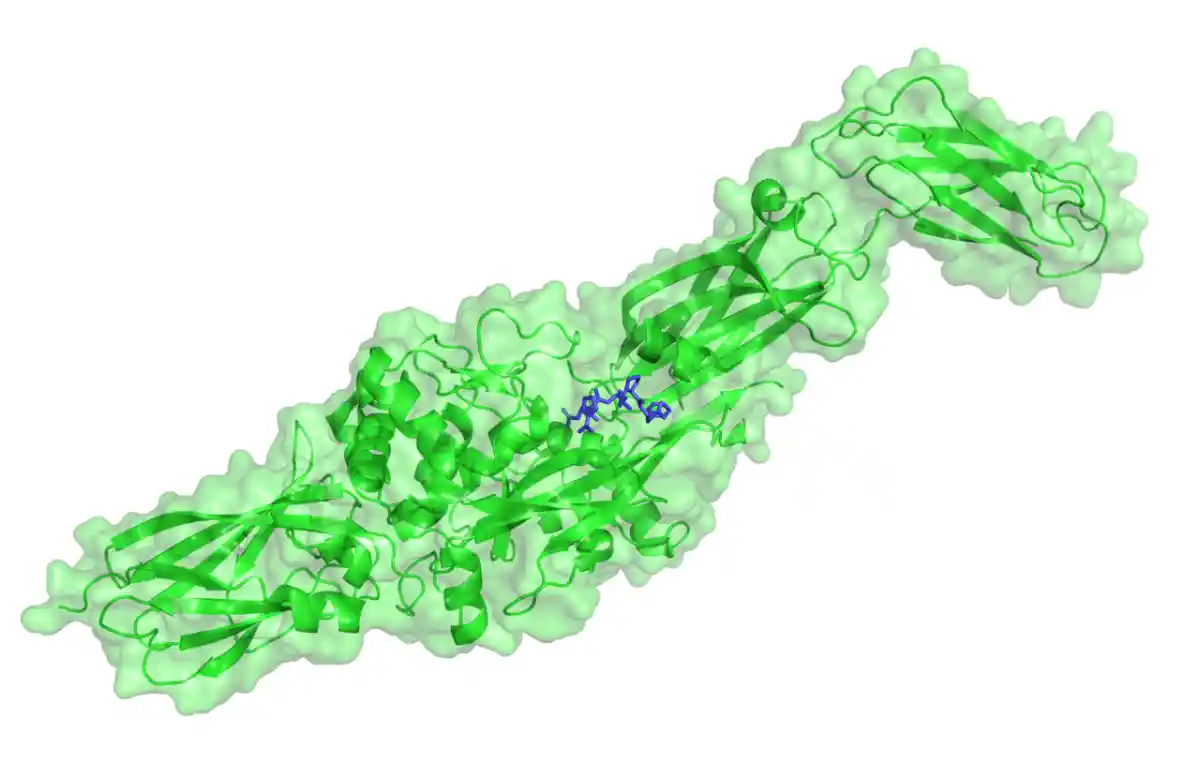Celiac.com 09/22/2025 - Celiac disease is a condition in which the body reacts negatively to gluten, a protein found in wheat, barley, and rye. People with this disorder experience inflammation and damage in the small intestine when gluten is consumed. The standard treatment today is to follow a strict gluten-free diet, but this can be difficult to maintain and does not always fully relieve symptoms. Because of these challenges, researchers are searching for alternative or additional therapies that can make living with this condition easier.
One potential option is to use probiotics, which are helpful bacteria that naturally live in the human gut or are taken as supplements. This study explored whether a particular probiotic species, Lactobacillus rhamnosus, has the ability to help break down gluten and possibly reduce its harmful effects.
Purpose of the Study
Celiac.com Sponsor (A12):
The researchers aimed to evaluate whether Lactobacillus rhamnosus could serve as a gluten-digesting bacterium. By studying its genetic makeup, they hoped to identify whether this probiotic carries enzymes capable of degrading toxic gluten fragments. If successful, this discovery could open the door to new therapies that support people with celiac disease in addition to a gluten-free diet.
How the Study Was Conducted
Instead of testing the bacteria directly in the laboratory or in humans, the team used a computer-based, or bioinformatic, approach. They analyzed the complete genetic information of forty-nine different strains of Lactobacillus rhamnosus. This allowed them to search for specific genes that might produce enzymes capable of breaking down gluten proteins.
To carry out this analysis, the researchers used several tools that can identify and classify genes. They looked particularly for enzymes known as peptidases, which are proteins that cut other proteins into smaller fragments. Because gluten is a protein, the right types of peptidases could help reduce its harmful effects.
Main Findings
The study revealed that Lactobacillus rhamnosus carries sixty-one different peptidases in its genetic code. Among these, nine stood out because they shared important similarities with enzymes already known to break down gluten. These included:
- Aminopeptidase N
- Neutral endopeptidase
- Oligoendopeptidase F
- Dipeptidyl-peptidase 5
- Proline iminopeptidase
- Xaa-Pro dipeptidyl-peptidase
- Aminopeptidase C
- Aminopeptidase E
- PII-type proteinase
Each of these enzymes has features that suggest they could help cut apart gluten fragments, particularly gliadin peptides, which are the most damaging components of gluten for people with celiac disease. This means that Lactobacillus rhamnosus could have the ability to reduce gluten toxicity before it causes harm in the gut.
Why This Matters
These findings are important because they suggest that a widely used probiotic species may provide more benefits than previously recognized. Lactobacillus rhamnosus is already known to support digestive health and strengthen the immune system. If future research confirms that it can also break down gluten, it could become a valuable part of celiac disease management.
For people living with celiac disease, strict avoidance of gluten is the only proven way to stay healthy. However, accidental exposure is common and can lead to painful and damaging flare-ups. A probiotic that helps digest gluten could provide an added layer of protection and improve quality of life.
Conclusion
This study highlights the potential of Lactobacillus rhamnosus as a gluten-digesting bacterium. By analyzing its genetic structure, researchers identified several enzymes that may be able to break down harmful gluten fragments. Although more research is needed, especially in laboratory and human studies, this discovery is promising. For individuals with celiac disease, such a therapy could one day mean fewer accidental reactions, less worry, and a healthier, more flexible lifestyle.
Read more at: springer.com












Recommended Comments
There are no comments to display.
Create an account or sign in to comment
You need to be a member in order to leave a comment
Create an account
Sign up for a new account in our community. It's easy!
Register a new accountSign in
Already have an account? Sign in here.
Sign In Now